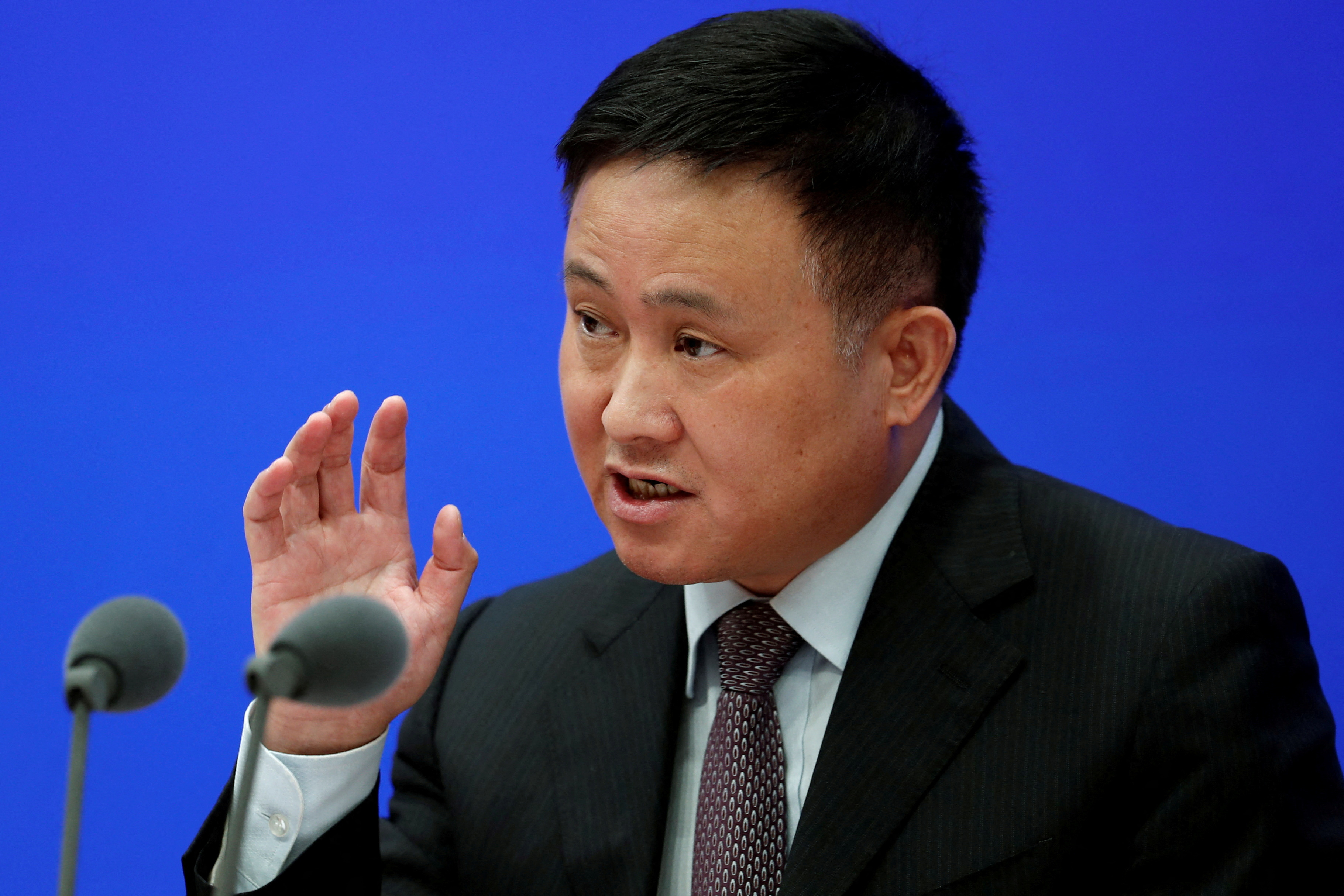Let’s be blunt: the world is flirting with danger, and Donald Trump’s protectionist policies are holding the match. Germany’s incoming Chancellor, Olaf Scholz, isn’t mincing words – he’s stating outright that Trump’s escalating tariffs are significantly increasing the risk of a global financial meltdown. This isn’t some academic theory, folks; this is a serious alarm bell ringing from the heart of Europe.

Scholz is pushing for a new, comprehensive transatlantic free trade agreement with the U.S., advocating for zero tariffs on all goods. His reasoning? It’s a win-win. A simple concept, really, yet seemingly lost on some. The EU has already floated a ‘zero-for-zero’ industrial tariff proposal, but Trump dismissed it as inadequate, demanding Europe buy more American energy instead. A crude quid pro quo, if you ask me.
Here’s the kicker: if the U.S. abandons global trade, Europe will be forced to pivot, focusing on markets outside the American sphere of influence. Smart move, but a reactive one. We shouldn’t have to be planning for this.
Understanding the Stakes: A Quick Primer
Tariffs, while seemingly simple taxes on imports, have a cascading effect. They increase costs for businesses and consumers, stifling economic growth. Protectionism, like Trump’s approach, disrupts global supply chains.
A financial crisis isn’t a spontaneous event. It typically stems from escalating debt, asset bubbles, and systemic risk. Trade wars exacerbate these vulnerabilities.
Reduced trade flows can lead to decreased corporate earnings and investment. This can trigger a credit crunch and destabilize financial institutions.
Diversification is key. Europe’s contingency planning – shifting focus to non-U.S. markets – is a sound risk management strategy, illustrating the importance of mitigating concentration risk.






